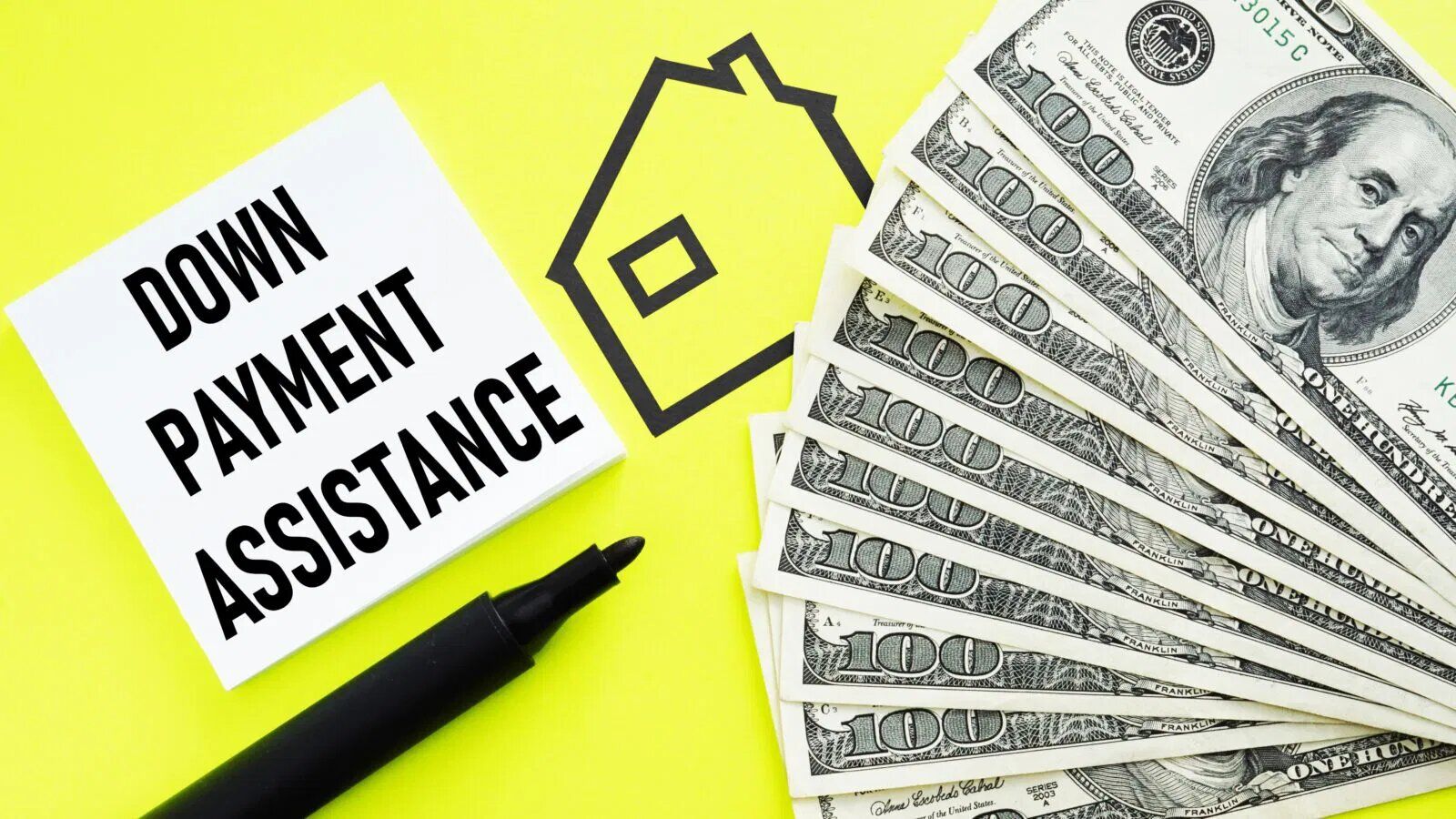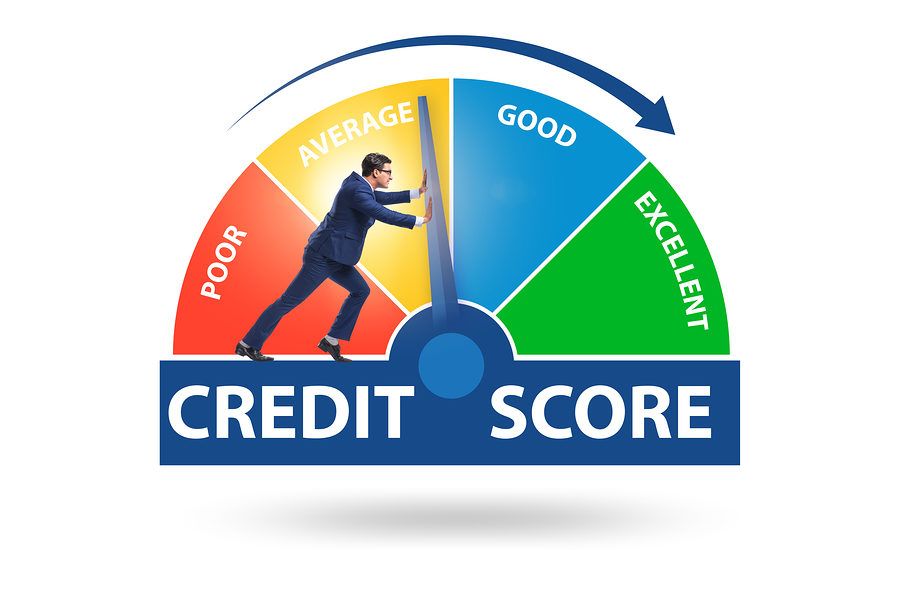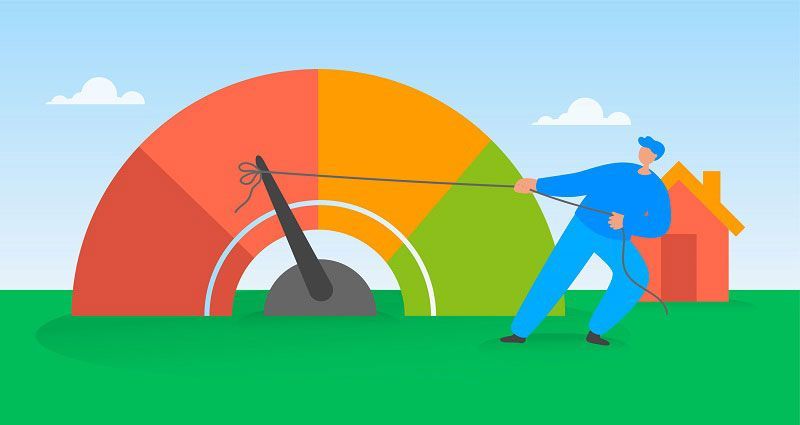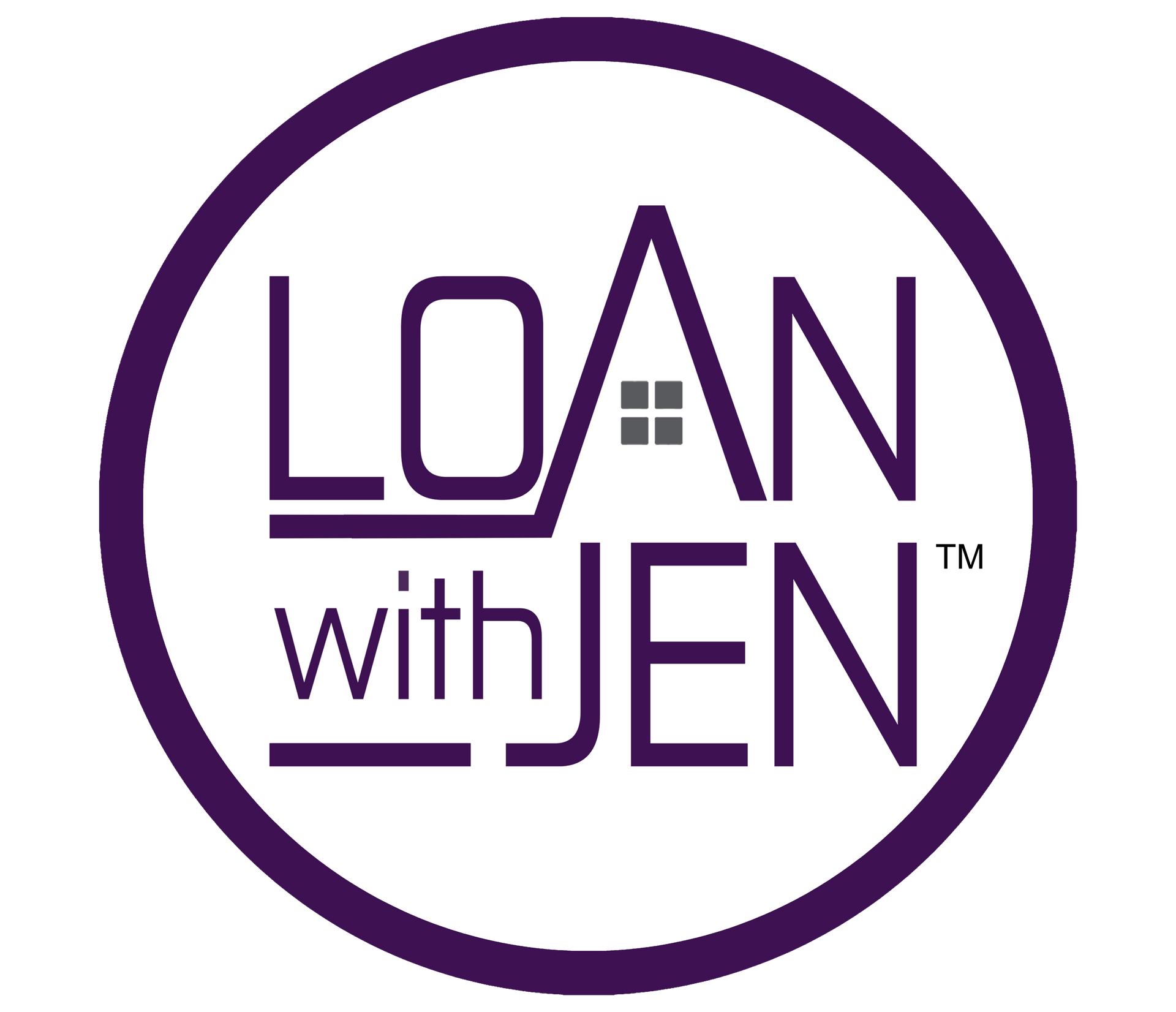We are an Equal Employment/Affirmative Action employer. We do not discriminate in hiring on the basis of sex, gender identity, sexual orientation, race, color, religious creed, national origin, physical or mental disability, protected Veteran status, or any other characteristic protected by federal, state, or local law.
Guide for First-Time Homebuyers: Exploring the Benefits and Steps
Embarking on the journey to buy your first home is an exhilarating step in life, but let's face it, it can be pretty overwhelming too. The good news? There's a treasure of perks waiting exclusively for first-time homebuyers that can make this adventure not only less intimidating but also more budget-friendly. In this extensive guide, we’ll unravel these advantages: low down payment options, the Mortgage Credit Certificate (MCC), and a variety of down payment assistance programs.
We're here to break down these concepts in simple terms, so you won't need a financial dictionary to follow along. And remember, when it comes to securing your first home, working with a local lender who knows the lay of the land can be a game-changer. So, let's get started on this exciting journey, where your dream of homeownership is not just a wish but a reachable goal.
Defining a First-Time Homebuyer
Now, let's dive into what it means to be a first-time homebuyer without the confusing jargon. To keep it simple, being a first-time homebuyer from a lender's point of view means that you haven't owned any type of property in the past three years. This includes houses, timeshares, or even a piece of land with a clear title ownership.
Here's the key point: Any type of property at all you have held title to, say one that you inherited or fully owned without a mortgage, you would not be considered a first-time homebuyer. This definition might sound strict, but it's essential to grasp because it forms the basis for unlocking the benefits we're about to explore.
Now that we've got that cleared up, let's move on and discover how you can make the most of these advantages on your journey to becoming a homeowner.
Low Down Payment Options
One of the best things about being a first-time homebuyer is the chance to make a small down payment. With conventional loans, you can put down as little as 3% of the home's price. But here's the thing – your credit score might affect how much you need to put down.
If your
credit score is 660 or higher, you're in luck! You can take advantage of the 3% down payment option. That means, for example, if you're buying a home for $300,000, you'd only need $9,000 as a down payment. However, if your credit score falls below that 660 mark, don't worry.
FHA loans
are here to help. This program asks for a slightly higher down payment of 3.5%.
So, while your credit score does come into play, the good news is that the low down payment benefit is within reach for many first-time buyers. Whether you qualify for conventional or FHA financing, you could also qualify for down payment assistance, which we will talk about next!
Exploring Down Payment Assistance Programs
There is a whole world of help available for first-time homebuyers through various down payment assistance programs. These programs can pay for either down payment and /or closing costs for your new purchase.
There is a catch – these programs aren't the same everywhere. Depending on where you're planning to buy your home, each state, city and possibly county have different programs available for assistance. The federal government in most cases, passes monies to local authorities, and let them disburse monies to buyers in a specific area. This is a great reason to work with a localized state lender if you are relying on assistance for your home purchase. They will know the ins and outs in your state.
Another thing to know is that most if not all assistance programs will have requirements. They vary between programs, but could be things such as income limits, price limits, credit score minimums, location, and even debt to income ratio limitations. Also expect that the down payment assistance programs might be repayable, while others could be forgiven after a period of time.
So, if you're thinking about buying your first home, and believe that assistance could be an option for you, be sure to get with a lender in your state or local area so you can unlock these options as soon as possible!
There is a federal benefit available to all first time buyers that meet certain requirements, so we’ll cover that next.
The Mortgage Credit Certificate (MCC)
The Mortgage Credit Certificate, also known as MCC, is another way for first time buyers to save money. MCC is a federal benefit that is payable to your every year when you file your income taxes with the IRS. This amount is 20% of your mortgage interest for the year, not to exceed $2,000. This could be a much needed boost each year when you file taxes! However, it's important to note that there are some rules to qualify for MCC. These rules involve your income. The program will consider your household income, meaning every person that is working , that lives in the home, regardless if that person is on your mortgage loan application or not. The household income cannot exceed the average median income, or AMI , of your area. This is a published number that changes each year, as incomes also change. Check with your lender on how to know this number, or you can do an online search.
Once it is determined that you qualify for this benefit, the lender will submit necessary paperwork, so there is no extra application on your part. Expect to sign some things at closing, and you will need to present those documents referencing the MCC to your tax preparer each year. If you self file, be sure to let the IRS know, as there are questions that are answered when you file.
As with most things, there is a catch you need to be aware of. The MCC is in force with no repayment as long as you live in the home the full time of 9 years as your primary residence. If you sell, or if you move out within the 9 years, you will be subject to a recapture tax. This tax is determined as the lesser of 6.25% of your original loan balance, or 50% of your gain on the property. Gain means that you bought it for x and you sold it for y. The difference is the gain. In addition, you could be subject to the tax , even within 9 years, if your income increased more than 5% per year since the time you purchased the home.
In essence, MCC is a fantastic way for first-time homebuyers to keep more of their hard-earned money and make the journey to homeownership a little less financially taxing. So, it's definitely worth checking out if you're planning to buy your first home.
The Value of Working with a Local Lender
Teaming up with a local lender can make your first-time home buying journey smooth and enjoyable! These local experts know all the ins and outs of the area where you want to buy your home, and in addition which first time buyer programs you might qualify for...
Having this kind of local knowledge on your side can save you time, money, and maybe even open doors to benefits you might not have known existed. Be sure to ask for referrals from friends, coworkers, or your realtor. This is a great place to start.
To sum it up, being a first-time homebuyer has some fantastic benefits that can make your path to becoming a homeowner a lot easier. You've got the option of a low down payment, the Mortgage Credit Certificate (MCC), and potentially down payment assistance programs to give you a helping hand.
To take the next step, look into getting pre approved for a loan 6 to 9 months ahead of your desired move date. Our team would love to advise you further! You can reach us at www.loanwithjen.com for a free consultation. Legacy Mutual Mortgage is an equal opportunity lender. NMLS # 514497.
How to Get the Lowest Interest Rate on Your Mortgage
One number one action you can take to help make your mortgage cost as low as possible is to get your credit score up as high as you can. Credit is the number one factor in formulas that lenders use to determine the interest rate you will get. Want the lowest monthly payment, then you need the lowest rate possible. To get that, work on getting your credit score up every month. MyFICO.com is where you will find the most accurate credit score that most resembles what lenders pull. It's never too early to work on your credit score!
